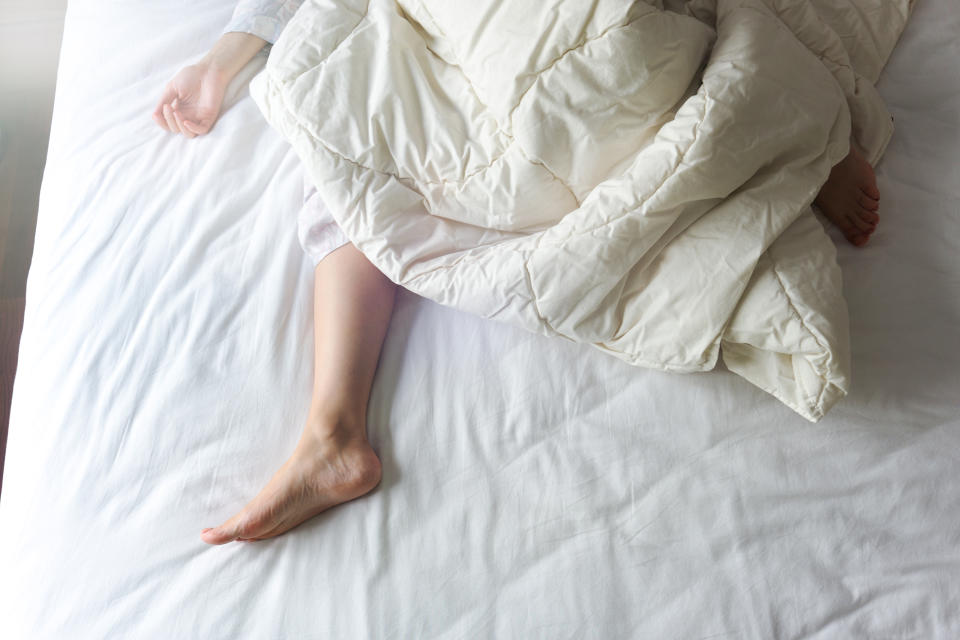This is how long we should actually be sleeping for, according to evolution

People should be getting two and a half hours sleep a night more than the current recommendation, if our chimp and baboon cousins are anything to go by.
A large comparison of primate sleep patterns found most species get between nine and 15 hours shut-eye a day, while humans average just seven.
Scientists writing in the American Journal of Physical Anthropology analysed lifestyle and biological factors in humans and 30 ape species.
Comparing body mass, brain size, diet and sexual preferences, they concluded humans should be sleeping for 9.55 hours a night.

Two key features of human life have led to our unusually short sleeps, claim the study’s authors Charles Nunn of Duke University and David Samson of the University of Toronto Mississauga.
When our ancestors climbed down from the trees, they probably had to spend more time awake guarding against predators.
A need to make friends and learn new skills also ate into time in bed.
Our sleepiest primate relative is the three-striped night monkey, which manages 17 hours a day – two and a half times the human average.
MOST POPULAR TODAY ON YAHOO
Mugshots of Paul Golding and Jayda Fransen released as Britain First leaders jailed for hate crime
Married couple realise their paths had crossed 11 years before they met in touching photo
KFC resolve great chicken crisis of 2018 by returning to former contractor
21 people have been treated for exposure to nerve agent that poisoned Russian spy
Chimpanzees clocked in just shy of ten hours rest a day, with stump-tailed macaque’s right behind us with nine hours.
Maryanne Taylor, a consultant at The Sleep Works, told Yahoo News UK that we may not be as malnourished in the bed department as the primate comparison suggests.
She said: “As we have developed from sleeping in varying durations throughout the day, in order to guard against predator attacks, our sleep has merged into one single stretch in a day, which has reduced the amount of time we sleep.
“The theory goes that although we sleep for fewer hours than other primates, our sleep quality is higher, therefore we do not require as many hours.
“We have evolved to sleep less number of hours, but now, more hours are spent in REM sleep, which is when we dream and our brain consolidates our memories into long-term storage.
“It is this that counter-balances the need for the extra hours of sleep.”
While 9.5 hours a day may be pushing it, not having enough sleep can have fatal consequences.
Researchers in the UK and Italy analysed 16 separate studies covering more than 1.3 million people and 100,000 deaths, in a 2010 report published in Sleep.
Those who generally slept for less than six hours a night were 12 percent more likely to experience a premature death.
People who slept more than eight to nine hours per night had an even higher risk, at 30 percent.
Reducing sleep from seven hours a night to five had the deadliest consequences, increasing the risk of death from all causes by 1.7 times.

 Yahoo News
Yahoo News 
